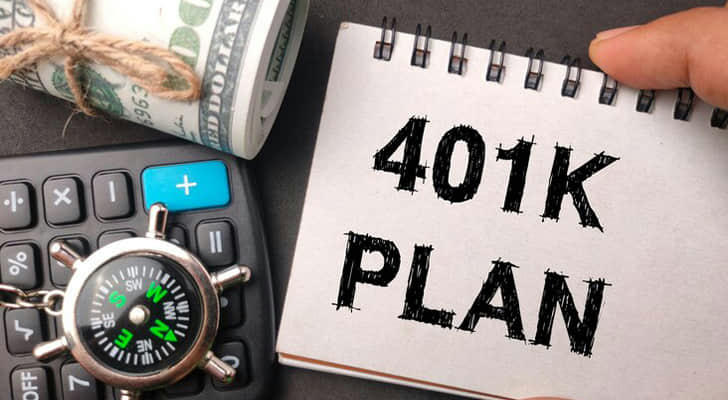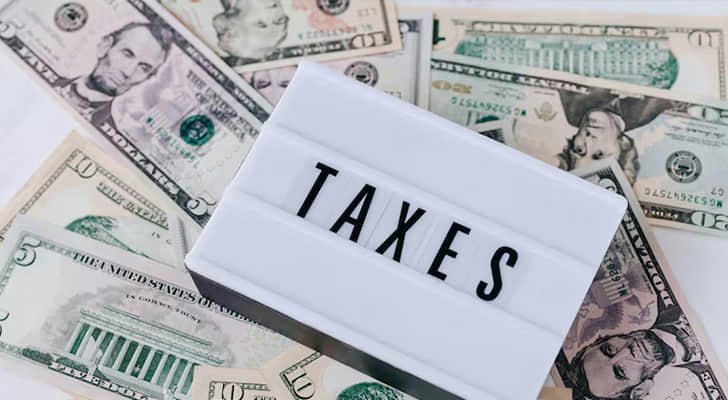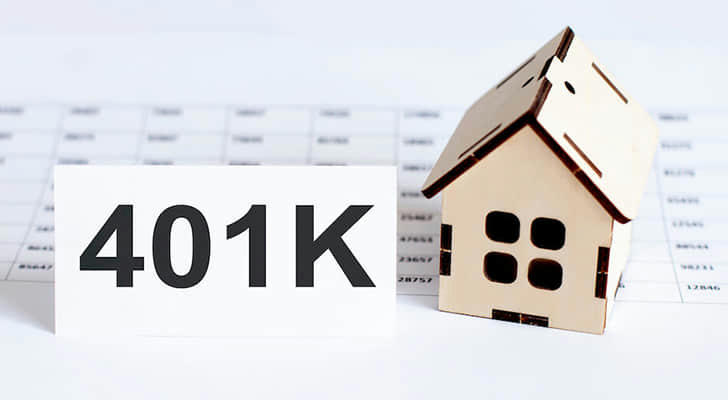You Need to Know These Smart Strategies to borrow 401 (k)
Imagine needing cash and realizing you can borrow from your own retirement savings. Sounds intriguing, right? That's exactly what a 401(k) loan offers: an opportunity to tap into your future funds today. While it might seem like a lifeline, it's essential to understand how to navigate this financial option wisely. Here's a lively guide on borrowing from your 401(k), complete with savvy strategies and rules.

What is 401(k) Loan
Think of a 401(k) loan as borrowing from yourself. Instead of dealing with banks and credit checks, you're using your own retirement stash. You can typically borrow up to $50,000 or 50% of your vested balance—whichever is greater. The best part? You're paying yourself back, including interest that goes right back into your account. You can take out:
-The greater of $10,000 or 50% of your vested balance, or
-Up to $50,000
You'll need to repay the loan according to rules designed to get your 401(k) back to where it was.
When you take out a 401(k) loan, any interest paid goes back into your own account, so it's like moving money from one pocket to another.
The cost of a 401(k) loan is usually lower compared to what you'd pay in interest for a bank or consumer loan.
Keep in mind, though, that while 401(k) plans can offer loans, they're not obligated to do so.
When to Use a 401(k) Loan
If you need cash for a major short-term expense, borrowing from your 401(k) might be a good move. Short-term generally means about a year or less, and serious needs refer to one-time big expenses.
“Let's face it, sometimes people just need cash,” says Kathryn B. Hauer, MBA, CFP. “Borrowing from your 401(k) can be smarter than taking out high-interest payday or title loans. It usually costs less in the long run.”
Your 401(k) is an appealing option because it's usually fast, easy, and inexpensive. A 401(k) loan isn't taxable if you follow the rules, and it doesn't impact your credit score.
If you repay the loan on time, it should have little effect on your retirement savings.
When borrowing from your 401(k), you can get up to $50,000 or 50% of your vested balance. You can arrange for automatic repayments through payroll deductions, but some plans don't allow loans. If you don't repay the loan on time, you might face taxes and penalties.

Top Reasons to Borrow from Your 401(k)
1.Speed and Convenience
Applying for a 401(k) loan is usually quick and hassle-free, with no credit checks. Many plans let you request a loan online, and you could have the money in a few days. Some even offer instant small loans via debit cards.
2.Repayment Flexibility
You typically have up to five years to repay a 401(k) loan, but you can pay it off faster without penalties. Repayments often come straight out of your paycheck, though they're deducted after taxes.
3.Cost Advantage
Borrowing from your 401(k) usually has minimal costs aside from maybe a small fee. You might miss out on some investment earnings while the money is borrowed, but if the market is down, this could be a blessing in disguise. The cost of borrowing from your 401(k) is often less than what you'd pay for a similar bank loan.
4.Retirement Savings Can Benefit
Repaying your 401(k) loan means putting money back into your retirement account. If you repay more than you borrowed, that extra amount is considered interest. If the interest exceeds any lost investment earnings, your retirement savings might actually benefit.
Impact on Your Portfolio
Taking a 401(k) loan won't necessarily hurt your retirement savings. The effect depends on the market. In a booming market, borrowing might slightly impact your savings, but in a down market, it could be neutral or even beneficial.
The best time to borrow might be when the market is weak, as you may also need funds during those times.
Potential Downsides to 401(k) Loans
Two common concerns with 401(k) loans are their tax inefficiency and the issues that arise if you leave your job with an unpaid loan.
Tax Inefficiency
401(k) loans are sometimes seen as tax-inefficient because you repay them with after-tax dollars. However, this cost is often small compared to other short-term borrowing options.
For example, if Jane borrows $10,000 from her 401(k) at 4% interest and is in a 20% tax bracket, her cost of double taxation on the interest is $80. In contrast, borrowing the same amount from a bank at 8% interest would cost her $800. Stopping 401(k) contributions could result in even higher costs.
Leaving Work with an Unpaid Loan
If you leave your job with an unpaid 401(k) loan, you must repay it immediately. If you don't, the unpaid balance will be treated as a taxable distribution, and if you're under 59½, you might face a 10% penalty.
To avoid tax problems, consider repaying the loan before leaving your job. If you repay it and then take a distribution, you won't face the 10% penalty.
The bigger issue is if you take out loans without a plan to repay them on time. This can lead to negative tax consequences and may affect your plan participation.
401(k) Loans for Home Purchases
401(k) loans used to buy a primary home can have longer repayment periods. However, using a 401(k) loan to fully finance a home purchase might not be as attractive as a mortgage since you won't get tax deductions on the interest.
While a 401(k) loan can help with down payments or closing costs and won't affect your mortgage qualifications or credit score, it might be worth considering a hardship withdrawal instead, although this comes with taxes and penalties.
Concerns about 401(k) loans often assume the stock market will always perform well and ignore the costs of other borrowing options. Don't let these worries stop you from using this option wisely. When used properly, a 401(k) loan can be a simple and cost-effective way to get cash. Just make sure you have a clear plan for repaying it on time.

